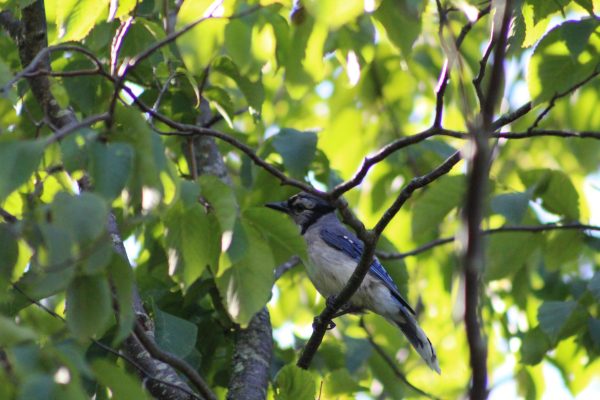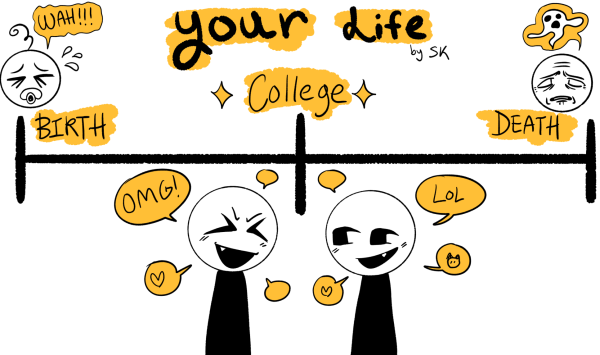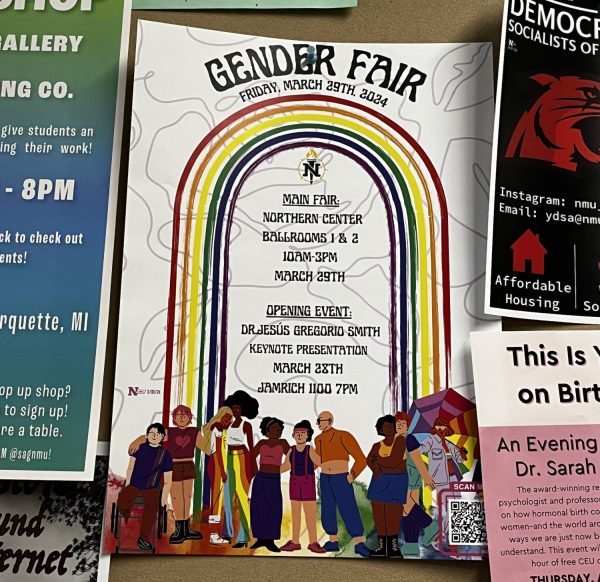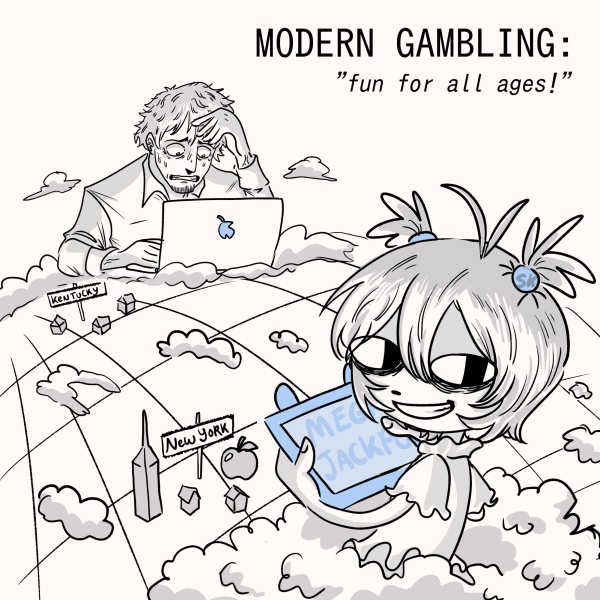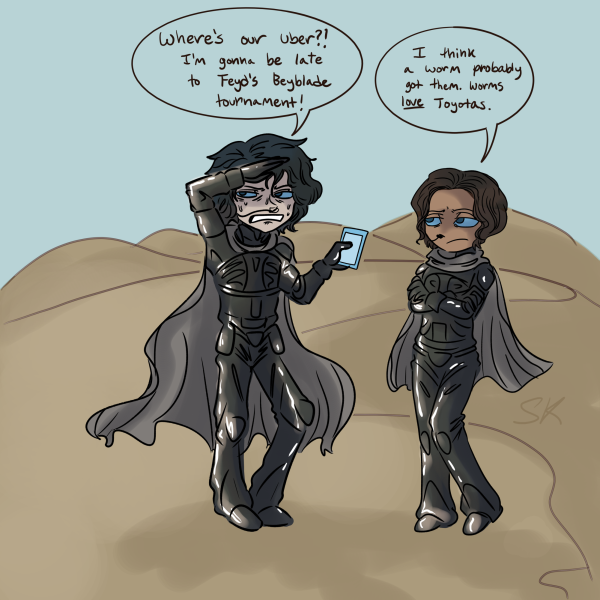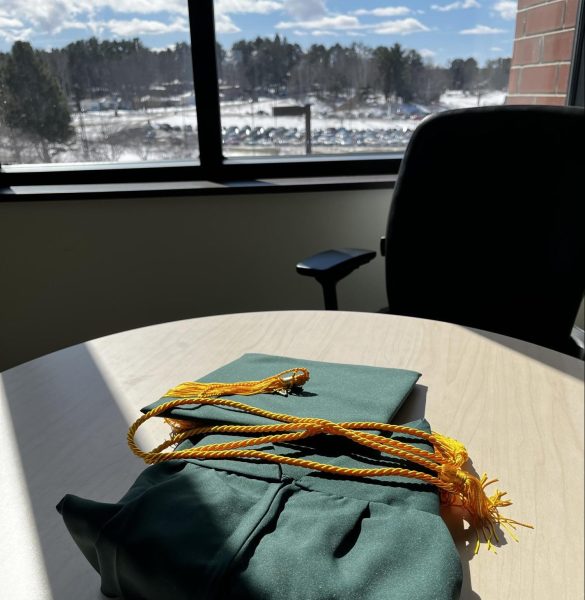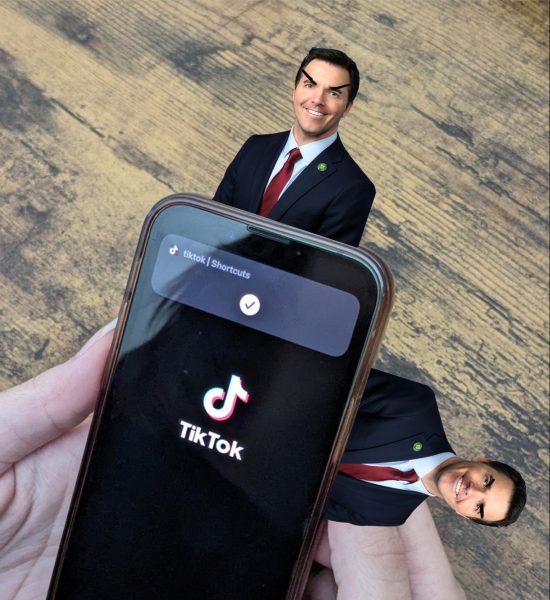Editorial — NMU Presidential Search should have included students more
October 6, 2022
Editors Note: this article was revised with the following changes on Oct. 26, 2022: We originally stated that NMU had been “president-less” since September 2021. This was incorrect as President Kerri Schuiling has had the full title of president since December 2021. We also have now acknowledged the presence of the two students who served on the presidential search committee.
The NMU Board of Trustees recently selected Brock Tessman to be the university’s seventeenth president during a meeting on Sept. 29. Tessman was the final pick of four potential candidates who were each granted two days of interviewing sessions with students, faculty and other organizations on campus.
While the North Wind is grateful for Kerri Schuiling’s dedication to the position of president, we are looking forward to having a more long-term president. Considering we have known President Schuiling’s position would be temporary since Fritz Erickson’s firing in September 2021, we have been anxious to see who our next leader will be.
However, we would like to address the many faults that existed within the presidential search effort. Particularly, the lack of student involvement throughout the selection process.
While there were two students on the presidential search committee, it is difficult for these two individuals to accurately represent student voices across campus.
This semester, the first notification students received regarding the presidential search came in a campus-wide email on Sept. 6. It informed us that the Presidential Search Advisory Committee was interviewing 11 presidential candidates, three or four of which would be selected as finalists to participate in on-campus visits.
Within that email, Schuiling encouraged students to participate in the on-campus visits and provide “feedback that will be critical to the final selection of our new president.”
Schuiling’s notification was placed under the “Brief Notes” section of her email, which was located towards the bottom. The email’s subject line was “Update: COVID tests available.”
A lack of emails is not our main concern, for many emails from the Presidential Search Advisory Committee followed Schuiling’s original message. What is of the issue is that many students, unfortunately, do not read the campus-wide emails despite their importance.
And advertising for student participation in the presidential search did not extend far beyond the campus-wide emails.
But even if you read the emails, the information being provided was limited. Most of the emails stated that details regarding the candidates were to be announced shortly. In others, you were redirected to NMU’s presidential search website if you wanted to learn more.
Since we already know that students hardly read emails, we can infer that very few clicked the link to learn more.
But if students wanted to learn more, the website did contain some valuable information. For example, it had the bios of the four finalists, information regarding the search process and feedback forms.
However, we no longer have access to any of that information. The site has been taken down by the university.
While students were encouraged to attend the candidates’ on-campus visits, particularly the four student forums, we were given very little time to adjust our schedules to do so. The first forum, which took place on Friday, Sept. 16, was announced on Sept. 12. The remaining forums, which took place on Sept. 20, 21 and 22, were announced on Sept. 15, giving students less than a week to prepare themselves for the events.
Also, hosting each of the hour-long student forums at the same time – 1:45 p.m. – was not a great decision by the Presidential Search Advisory Committee. The middle of the day is when most students are in class. And considering how most classes are structured, if you could not make the Tuesday forum you were probably unable to make the Thursday one as well.
There should have been variations in meeting times, preferably in the late afternoon, so the forums were more accessible to students.
For those of us at the North Wind that did attend the student forums, we can confirm that attendance was the bare minimum. There were moments when the potential candidate would run out of things to say and the few in attendance did not have many questions.
The student forums did not get the turnout necessary for all student voices to truly be taken into consideration.
We are aware that many universities do not attempt to include their students in the selection process, so we appreciate NMUs consideration in that matter. But if they truly wanted to incorporate our voices and facilitate a connection between students and administration, they would have considered student availability before scheduling the forums.
While not everyone can be accommodated, a Zoom option would have been a great solution to this issue. Even further, a recording of the student forum could have been uploaded to YouTube after the fact for students to watch. That way, more people would have been involved and able to provide accurate feedback about each of the candidates.
Once again, a better effort could have been made to ensure that all students were able to participate in this search.
While there is surely some professional reason, why were the candidate bios released just 24 hours before their scheduled visit? To further that, why were the links for candidate feedback only available for 24 hours following their visit?
What is most troubling, however, is the time between final feedback submission at 5 p.m. on Sept. 23 and Tessman’s selection, which likely occurred three days later after the Board’s final meeting with the candidates.
The Committee’s public announcement occurred less than six days after final feedback was requested.
The North Wind would like to assume that the Committee spent the entire weekend leading up to Tessman’s selection sorting through all of the student feedback, but is that feasible? If it is, we could assume that hardly any feedback was given. If not, we know that our opinions may have been briefly discussed or overlooked entirely.
The student population would like to know exactly how their voices were factored into the candidate selection process.
If NMU truly wanted to involve students in this process, they should have selected a student to sit on the Presidential Search Advisory Committee. Our generation wants to be directly involved in administrative decisions, as was seen by the attendance of many students during the initial listening sessions for the presidential search.
Our generation wants to be involved in more than just our classes and student organizations. We want our opinions to hold weight.
So, while we applaud NMU for its attempt to include students and faculty members in the selection process, including a forum to voice their opinions and the limited opportunity to meet with candidates, much more could – and should – have been done.
Editor’s Note: The North Wind is committed to offering a free and open public forum of ideas, publishing a wide range of viewpoints to accurately represent the NMU student body. This is an editorial, written by the North Wind Editorial Board in its entirety. It reflects the majority views of the individuals who make up the editorial staff of the North Wind. It is the policy of the Editorial Board not to endorse candidates for any political office, in order to avoid aligning this public forum with particular political organizations.
























